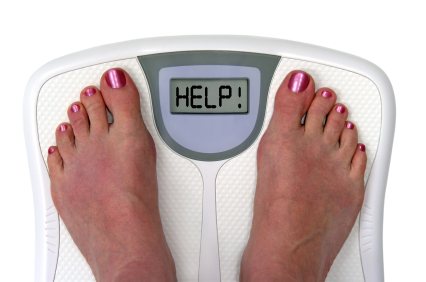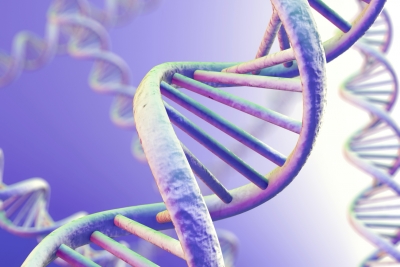Chronic Fatigue Syndrome: The Adrenal Connection
Chronic fatigue syndrome (CFS) is a long-lasting illness that can last years or a lifetime. As the name implies, a person with CFS usually feels very tired, regardless of how much he or she rests. Physical and mental overactivity can worsen the symptoms. Symptoms vary and may include depression, muscle pain, difficulty concentrating and insomnia, despite feeling very tired. It’s not clear what causes it, but there are likely multiple reasons it develops, including stress, infection or immune disorders.
Traditional medicine doesn’t have an effective treatment for CFS, beyond antidepressants and pain relievers for symptom relief. There is still










